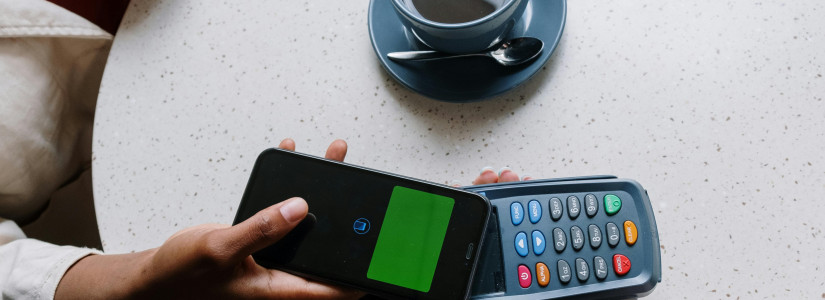How to Stop Spending Money on Things You Don't Need
Is your pocket often empty due to impulse purchases? This type of spending can be detrimental to both your wallet and reaching long-term financial objectives. Knowing the issue is vital, but taking actionable steps to stop it will lead you toward financial freedom. For this reason, it's advisable to address your spending habits and change them for the better. Here are some tips to help you in this endeavor:
1. List All Your Necessary Expenses
Creating a budget and listing out your necessary expenses is the key to stopping yourself from spending money on unnecessary things. Knowing your income and expenditure can help you focus on crucial things.
Additionally, deciding negotiable expenses can ensure that you won't have to worry about paying bills or having a roof over your head, even when your finances are tight. Setting aside an emergency savings fund first is always a good idea. You'll be well on your way to wise financial practices and peace of mind by taking the time to make this list of necessary expenses and committing to sticking by it.
2. Identify Needs Versus Wants
Knowing the difference between each can be tricky, especially when habits are already in place and you follow a specific routine. Make a conscious effort to understand the implications of overspending and learn the underlying triggers to make the right purchasing decisions.
One strategy for accomplishing this involves creating a budget that factors in everyday and unexpected expenses. It includes estimating weekly, monthly, and yearly costs giving an idea of how you should spend your hard-earned money. The step will help identify which items should be needs and which can be treated as wants, allowing you to feel more secure when spending money on things you need while still having enough left over for some treats.
3. Set Goals To Save Money
Financial goals are critical to ensuring you are not spending money on things you don't need. Setting a goal to save money is a great way to motivate yourself to stop impulsively buying unnecessary items. Making sure your expenses and budget reflect your savings can also help create this continuous savings cycle.
Additionally, when setting your goals, visualize the long-term financial reward for meeting them. Whether getting out of debt quicker or traveling more often, visualizing the payoff can be another motivating factor in staying committed. Ultimately, setting money-saving goals encourages smart problem-solving and keeps you from wasting precious funds on trips to the mall you didn't need to take.
4. Automate Savings Deposits
Saving money is a skill that often goes unnoticed but is vital to any financial plan. Automating your deposits is an easy way to increase your savings and become more financially secure. You eliminate the temptation of spending it elsewhere.
Cutting unnecessary spending is vital. Examining how much you are spending overall can help pinpoint areas where to allocate your money, such as retirement or an emergency fund for unexpected expenses. Automating your deposits helps set up good habits and ensures consistent contributions toward financial security and freedom.
5. Avoid Impulse Purchases
Impulse purchases can greatly detriment to your financial success and quality of life. If you frequently make purchases you don't need, such as fast fashion items or new shiny gadgets, the money you spend quickly adds up. Instead of letting your wallet dictate your actions, create a spending plan and focus on only buying what you require, such as rent or car payments.
Use your leftover budget on things that give you actual value, like experiences with family or friends, which create lasting memories. Ultimately, you'll save more money in the long run and live a healthier lifestyle by taking control of impulse purchases.
6. Leave Credit Cards at Home When You Go Shopping
Leaving your credit cards at home when you go shopping is a great starting point. Shopping with cash is a more tangible way of keeping track of how much money you are spending. Besides, that fear of running out of cash can help prevent impulsive purchases and keep you on your budget.
It also encourages people to prioritize their purchases by asking themselves if they need an item before handing over their hard-earned money. Leaving credit cards at home and shopping with cash can be highly effective at ensuring that the things you buy are something you need and know will be valuable in the end.
It is important to stop spending money on things you do not need if you want to have more money. You can do this by understanding why you spend money on things you do not need and by taking steps to stop yourself from doing it. You can break the cycle of impulsive spending with hard work and start living within your means.












